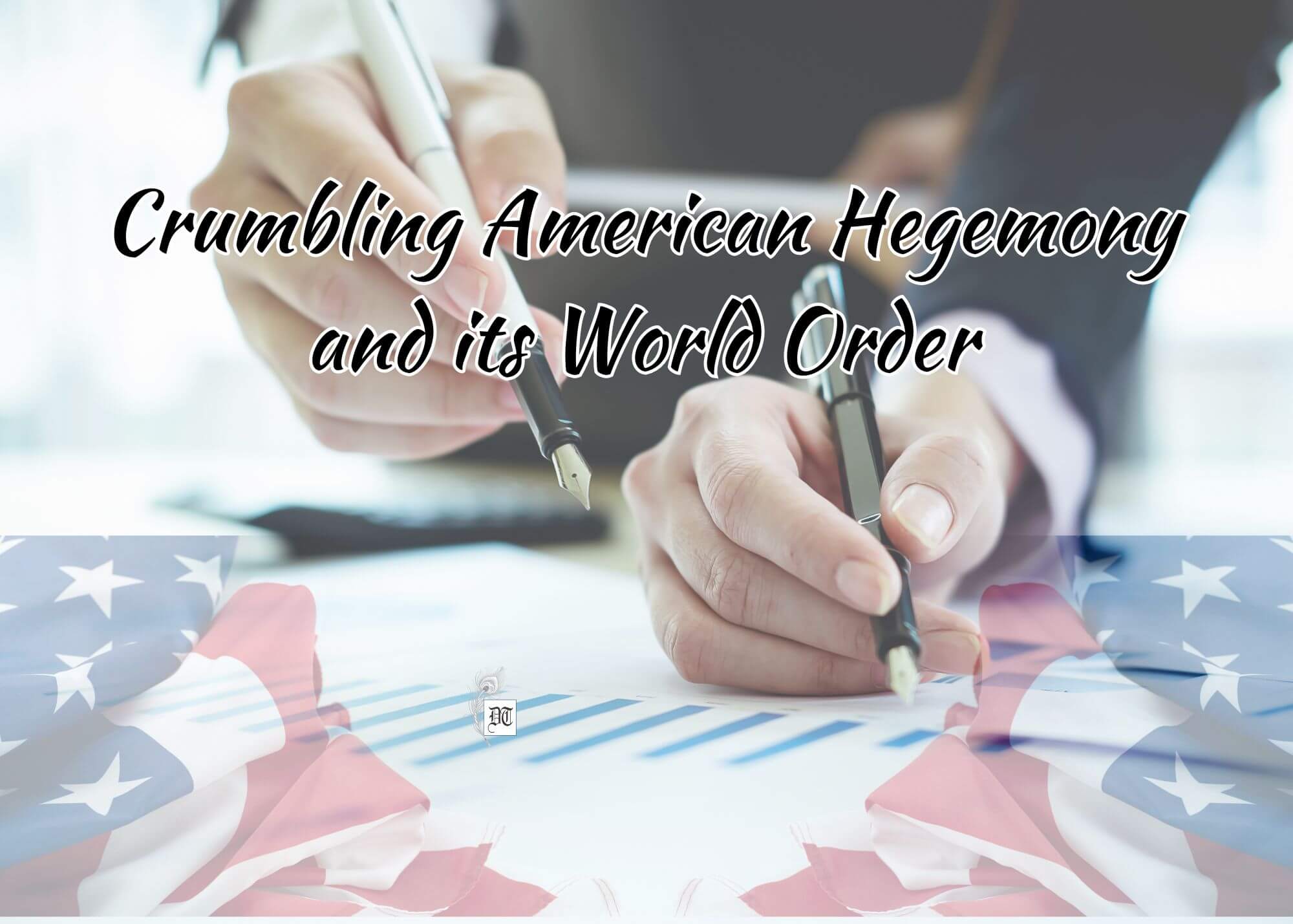Although the SPD kept floundering in opinion polls, currently at 18 percent, Angela Merkel needed it to obtain enough Yes seats in the Bundestag to stay in power. She found it necessary to treat the SPD generously so that SPD members would vote “Ja” in their referendum. Here’s a report, for Different Truths.
After nearly six months of haggling, the three-party German coalition puck is in the goal box. The suspense is over. For the fourth time in a row, the country will again be run by Angela Merkel.
Not a few feathers have been ruffled. Until January 2017, stout Sigmar Gabriel was head of the Social Democratic Party (SPD). Because of the party’s disastrous popularity nosedive, he was shoved out but given the prestigious job of foreign minister as consolation. Martin Schulz succeeded him as party leader, chosen by an amazing, unanimous 100 percent vote. There was an equally amazing upward swoop in the polls, followed just as quickly by a belly flop. The voters, even in his own party, soon mistrusted his empty, vague promises.
The election results last September were the worst in over fifty years for the SPD. Schulz, its tarnished leader, swore loudly that his desperate party would not remain an out-powered, losing the junior partner to Angela Merkel’s Christian Democrats anymore but would restore its strength in opposition. Then, this big loser backed down and tried to join a new coalition cabinet with him supplanting Sigmar Gabriel as foreign minister. This personal coup was on February 7th, but his sleight of hand didn’t work. No one wanted him. On February 9th Schulz had to resign from that job and on February 13th step down as party president. The final agreement was managed without him, and both he and Gabriel are now banished into a chilly German limbo.
Till now SPD mayor of Hamburg, Olaf Scholz replaced Schulz. Then he too left his brief spell as party boss to Andrea Nahles, once long ago an SPD left-winger. He climbed higher into the new Cabinet, becoming Vice-Chancellor with Merkel and also Finance Minister, a powerful job in economics policy not just for Germany but also for Europe. Scholz is remembered in Hamburg for his insistence on forcing emetics down the throats of supposed drugs smugglers, despite doctors’ objections, EU condemnation and a death in one case. Also for causing a total snafu during the G-20 summit last summer and defending the actions of 92 policemen accused of physical brutality during the demonstrations. In an earlier Cabinet position, he helped get pension age raised from 65 to 67. Above all, he detests the LINKE party. It seems all too clear what to expect from him!
Although the SPD kept floundering in opinion polls, currently at 18 percent, Merkel needed it to obtain enough Yes seats in the Bundestag to stay in power. She found it necessary to treat the SPD generously, so that SPD members would vote “Ja” in their referendum. They did, with a 2/3 majority, and were rewarded by Merkel with six Cabinet posts, while her CDU took seven and three went to her Bavarian sister party. The SPD now holds two of the four most important posts, Olaf Scholz as Finance Minister and the SPD politician Heiko Maas as prestigious Foreign Minister. Maas was Justice Minister, but his ideas on foreign policy – if any – are as yet hardly known.
The head of the Bavarians, Horst Seehofer, finally pushed out of control of his own fiefdom in Munich, was consoled with the very important Interior Ministry in Berlin: in charge of police, surveillance and immigration. There is an added new “Heimat” (Homeland) sub-department, a sop to those who want to keep Germany very German, with as few foreign-looking immigrants or refugees as possible. Some wonder if in four years Seehofer will have everyone wearing lederhosen or a dirndl, with a big crucifix on every official wall.
Only four previous ministers have been kept on, but with different cabinet jobs. Ten are newcomers from all three parties, now with seven women. Most interesting to Berliners is Franziska Giffey, only 39, also SPD, until now mayor of the West Berlin borough of Neukölln, a mixed area with a large proportion of Turkish, Arabic and other immigrant groups. The media stress how cheery and pretty she is. Her politics, as Minister for Families, Seniors, Women and Youth remain to be seen.
The former Environment Minister, Barbara Hendricks, who courageously countered VW and the powerful automobile lobby on their criminal Diesel emission scam, is out. Sigmar Gabriel is also out. Although he dipped and ducked on many issues as Foreign Minister, he was almost the only speaker at the recent Security Conference in Munich to call for easing sanctions against Russia. Gabriel was also for dealing diplomatically, not bellicosely, on questions like the Ukraine, Syria, and the horrifically perilous deployment and maneuvers of NATO troops, including Germans, right on the sensitive Russian border near the Baltic Sea.
The only Cabinet Minister to stay in the same job as before, aside from Chancellor Merkel, is Ursula von der Leyen, and she is the most dangerous. Like some top politicians in the U.S. and Britain, male and female, she is not interested in diplomacy. She is interested in more and more weapons, the most modern to be found, and in planting them as provocatively and as close to Moscow as possible. That this clever-talking war hawk has kept her job does not bode well for the new government, nor for world hopes for a cooling off of swiftly growing dangers. This will not be easy with a Theresa May, an Emmanuel Macron and a Mike Pompeo, to name a few.
The far-right Alternative for Germany (AfD), now with 92 delegates in the Bundestag, is taking advantage of every sign of dissatisfaction in Germany, and there are many of them, with the growing gap between the extremely wealthy and the struggling and poverty-stricken. Behind the scenes, the AfD favors a militarily powerful Germany and it too is aligned with the wealthy. While its clever speakers strum social-minded melodies, there is an ongoing background percussion of hatred against “Islamists” and all immigrants and refugees. This sentiment is echoed all too often in the tactics of the other parties, hoping to be spared further losses to the right.
One AfD leader overdid it recently; his vicious attacks against people of Turkish descent were so racist that he had to resign. But his views were visibly well received by his audience. Sadly, the AfD is filling the gap caused by well-founded distrust of the old parties, bringing worried recollections of developments in Germany about ninety years ago.
The leftwing LINKE, though holding on to its faithful nine or ten percent with only very thin gains, is not filling that gap as it should. It is seen by too many in eastern Germany as part of the establishment.
It has been too mild-mannered, too hopeful of possible future coalition positions, like those already achieved in two East German states and Berlin, but with not enough to show for them. Unfortunately, it seems caught up, far too much, in internal dissension on its leadership level, especially between co-chair Katja Kipping and co-caucus chair Sahra Wagenknecht.
There is disagreement about how many immigrants or refugees should be allowed into Germany, about acceptance or rejection of support for Netanyahu’s rule in Israel, about the Palestinians, and about policy towards Russia. There is disagreement about the possibilities of forming some larger force beyond the ranks of the LINKE in a path resembling that of Jean-Luc Mélenchon in France, which Wagenknecht favors and other leaders oppose.
It is urgently necessary for the June LINKE party congress in Leipzig to resolve differences and move towards united, popular opposition to current wars and threats of worse wars, and to poverty in Germany and in all the countries whose refugees seek asylum and a decent life in Germany.
There have been some militant strikes in recent months, some are still going on. Can they help in developing healthy antidotes to foul-egg policies of the new government? Can fences be strengthened against marauding foxes? Can trends be reversed? Europe and the world urgently need some changes!
Victor Grossman
The writer is a Berlin based journalist contributing to the People’s World
©IPA Service
Photo from the Internet





 By
By
 By
By
